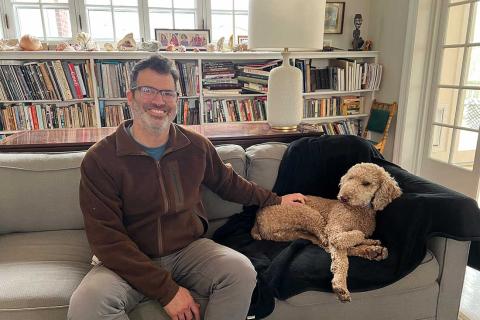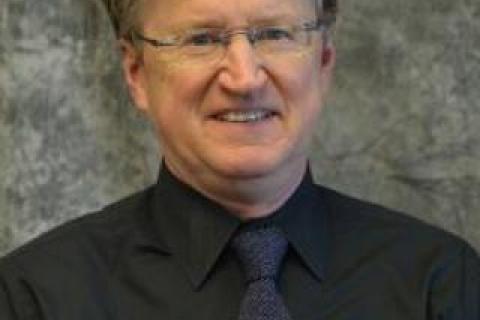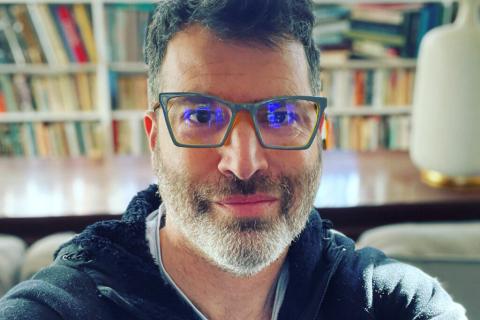Two English faculty members were recently featured in COMO Magazine, for creating the Missouri Prison Outreach Program (Mo-POP). The following is the article, unedited, in its entirety including the photographs that appeared in the article.
Freelance writer Sarah Medcalf authored the piece.
What happens when the world ends and you have to start over? What do you look back on? What do you want to keep?” Those are the questions John Evelev asks.
He and his colleague, Bill Kerwin, are English professors at the University of Missouri.
Two years after the COVID pandemic first panicked the planet in 2020, John and his University of Missouri colleague, Bill Kerwin, were leading a class at the Moberly Correctional Center in reading Station Eleven, the smash-hit 2014 pandemic novel by Emily St. John Mandel.
John and Bill, English professors at MU, were building the foundation of MO-POP — the Missouri Prison Outreach Program — with MCC and MU. The program is small. Bill has taken on the program’s administration. He and John collaborate in teaching.
“Many of the students haven’t gone to college, but that doesn’t mean that they don’t value it or think it’s important. In fact, many students that we are working with in Moberly are actively getting degrees. So they’re very eager for enrichment generally,” John says. “It’s a kind of existential choice. Now that they’re in prison, they’re thinking about what they’ve done, but also what the future holds for them.”
For some of the students, the future holds degrees. This summer more than 700,000 incarcerated people are expected to gain Pell Grant eligibility. Legislation passed by Congress in 2020 will end the nearly 30 year moratorium on the federal, need-based grants for incarcerated people.
For many, though, access to formal degree programs will still be out of reach. For others, degrees might not be the goal. And for a few, the rest of their lives will play out inside the walls of a prison, yet they sign up for reading programs.

![The Whale [Title page]” by Boston Public Library is licensed under CC BY 2.0.](/sites/default/files/styles/focal_point_crop/public/img-left/COMO_WEB_Evelev-moby-dick-669x1024.jpg?h=a8658561&itok=8dp6_99Z)

